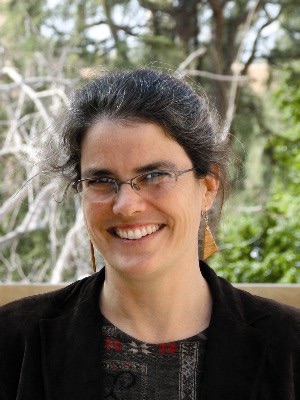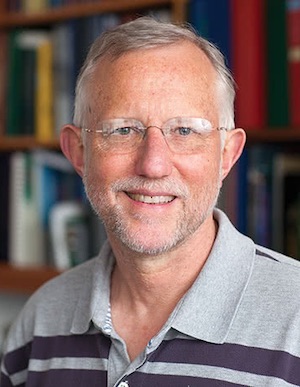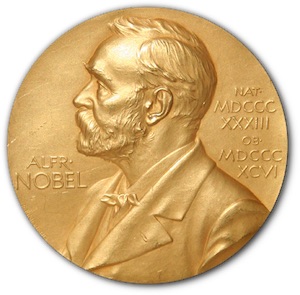The Phi Beta Kappa Society is pleased to recognize three of its members among this year’s Nobel Prize winners.
ANDREA GHEZ
ΦBK, Massachusetts Institute of Technology

NOBEL PRIZE IN PHYSICS
Three Laureates share this year’s Nobel Prize in Physics. One half of the prize was awarded to Roger Penrose of the University of Oxford. The other half was shared by Reinhard Genzel of the Max Planck Institute for Extraterrestrial Physics in Germany and the University of California, Berkeley and Andrea Ghez of the University of California, Los Angeles. This year’s winners were recognized for their discoveries about one of the most exotic phenomena in the universe, the black hole. Penrose showed that the general theory of relativity leads to the formation of black holes. Genzel and Ghez discovered that an invisible and extremely heavy object governs the orbits of stars at the center of our galaxy.
LOUISE GLÜCK
ΦBK, Harvard University

NOBEL PRIZE IN LITERATURE
The Nobel Prize in Literature for 2020 was awarded to American poet Louise Glück “for her unmistakable poetic voice that with austere beauty makes individual existence universal,” the Royal Swedish National Academy announced. U.S. Poet Laureate from 2003 to 2004, Glück previously won the National Book Critics Circle Award (1985) for The Triumph of Achilles, the Pulitzer Prize (1993) for The Wild Iris, the National Book Award (2014) for Faithful and Virtuous Night, the Gold Medal of Poetry (2015) from the American Academy of Arts and Letters, and the National Humanities Medal (2016). Glück has taught at Yale University since 2004.
CHARLES M. RICE
ΦBK, University of California, Davis

NOBEL PRIZE IN MEDICINE
This year’s Nobel Prize in Medicine was awarded to Harvey J. Alter of the National Institutes of Health, Michael Houghton of the Li Ka Shing Applied Virology Institute and the University of Alberta, and Charles M. Rice of the Rockefeller University. These three scientists made seminal discoveries that led to the identification of a novel virus, Hepatitis C. Prior to their work, the discovery of the Hepatitis A and B viruses was a critical step forward, but the majority of blood-borne hepatitis cases remained unexplained. The discovery of the Hepatitis C virus revealed the cause of the remaining cases of chronic hepatitis and made possible blood tests and new medicines that have saved millions of lives.




